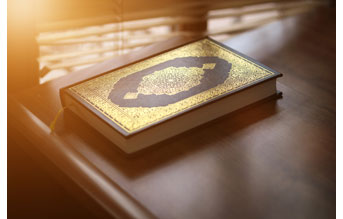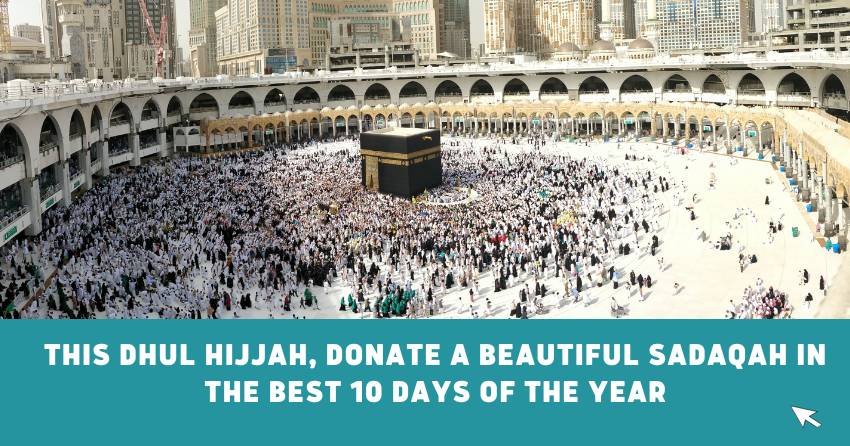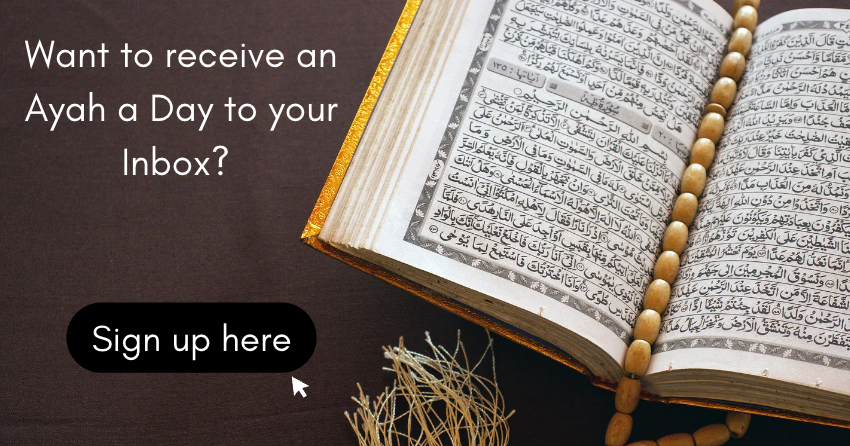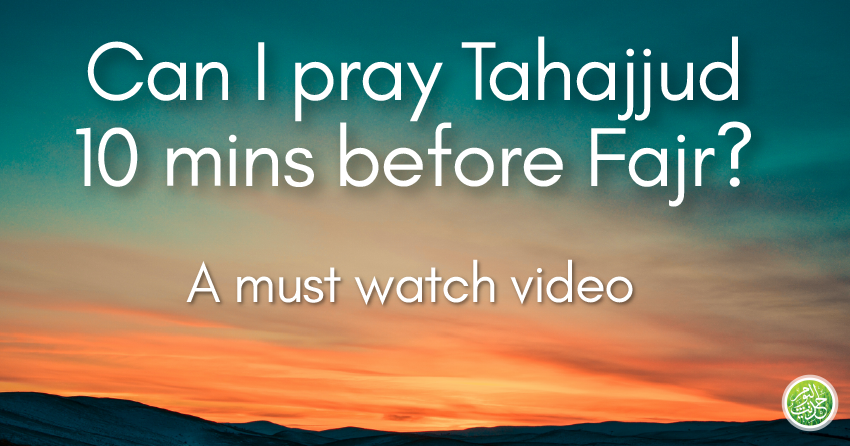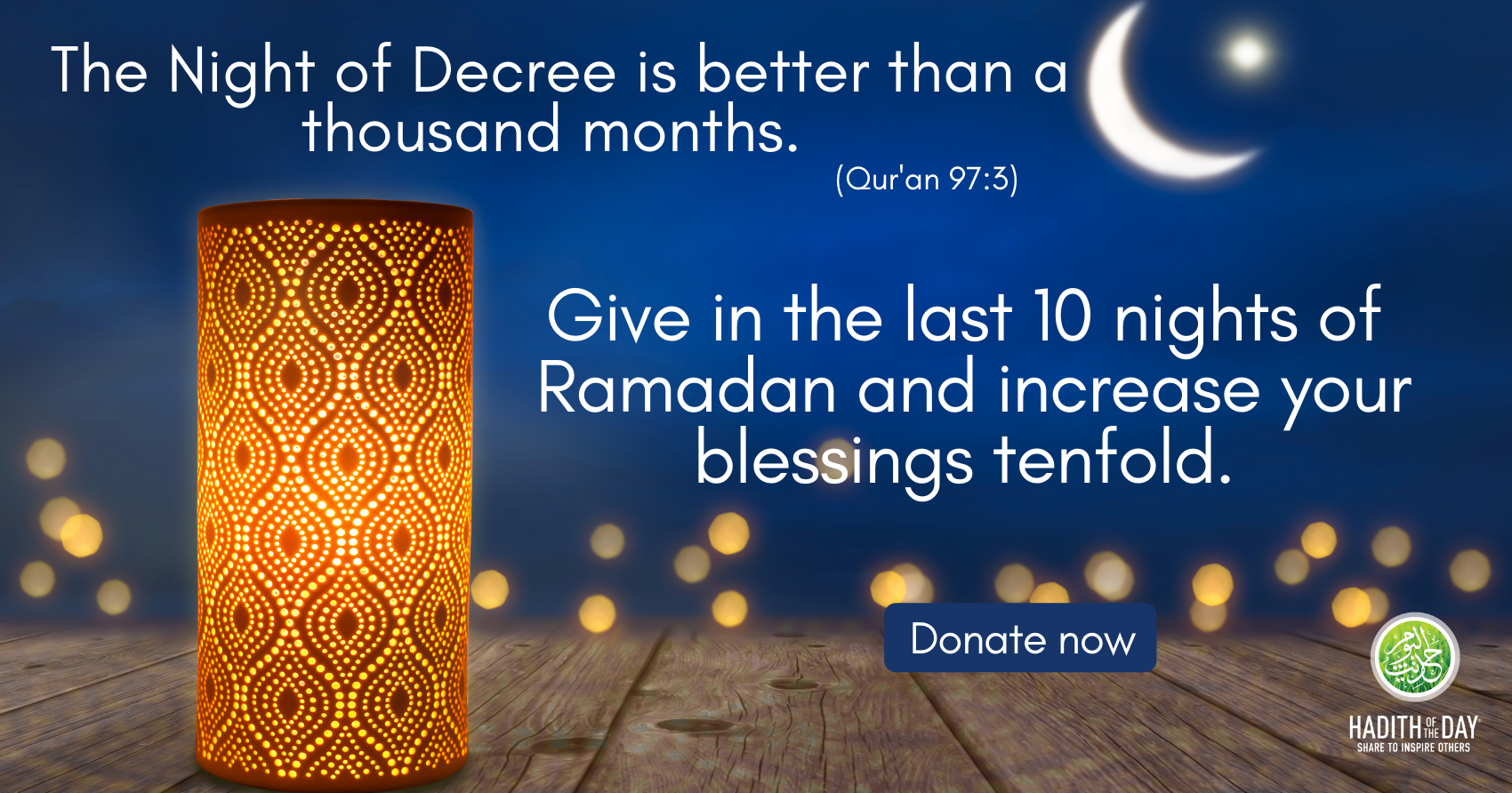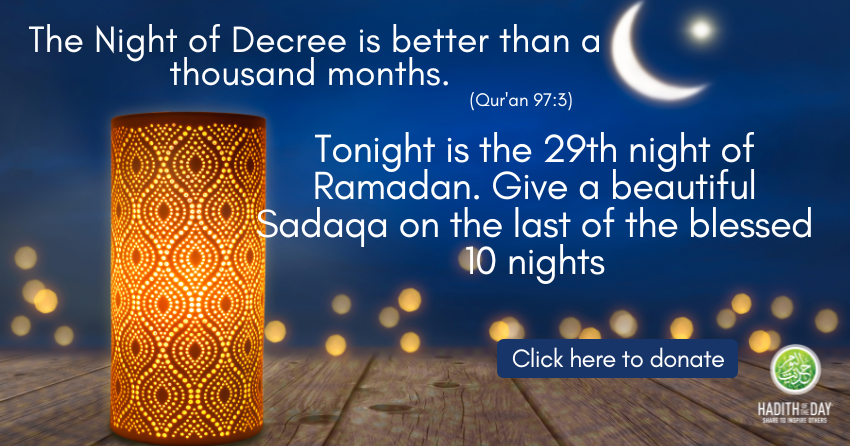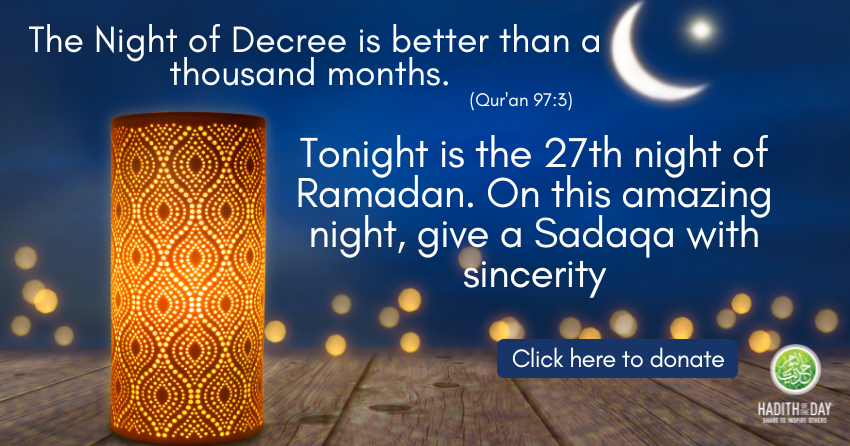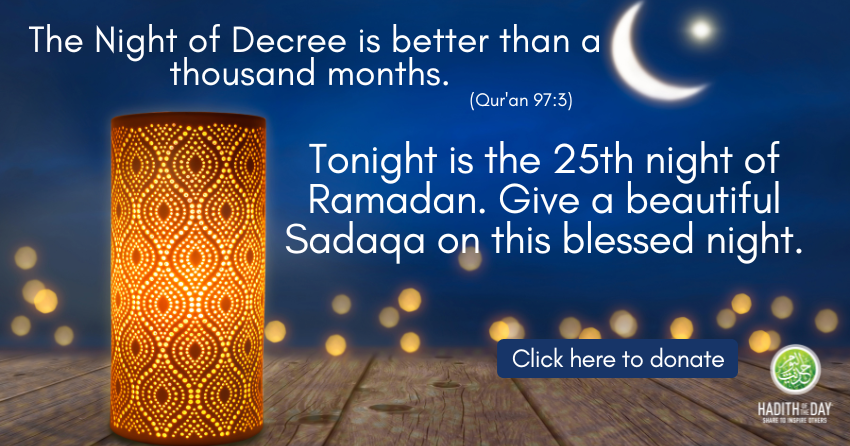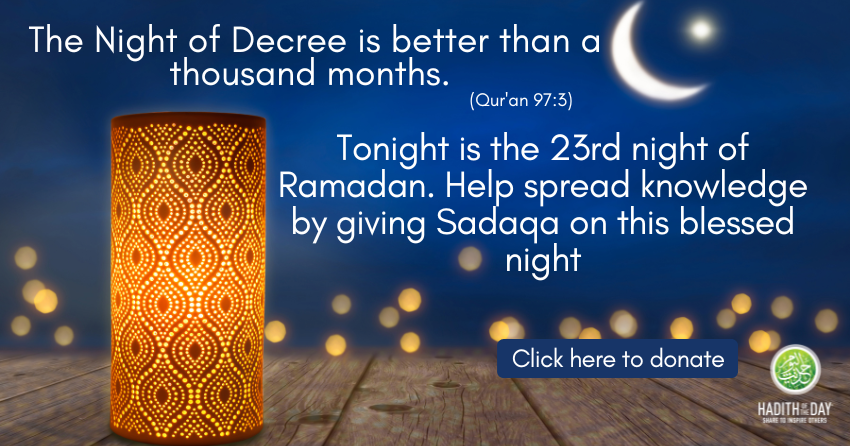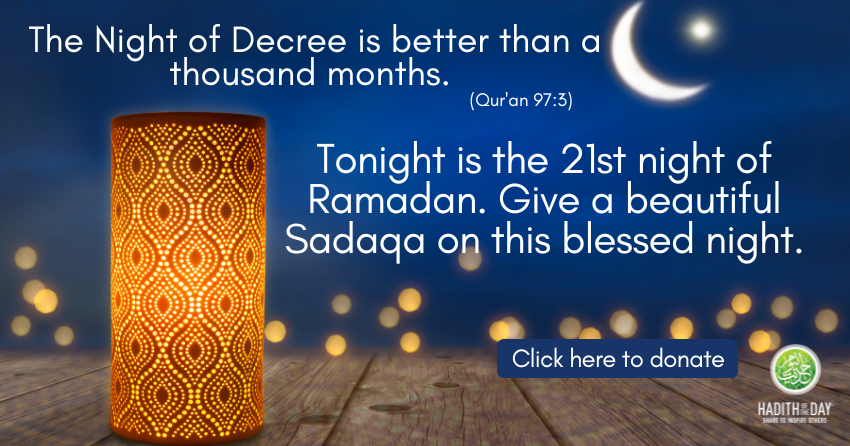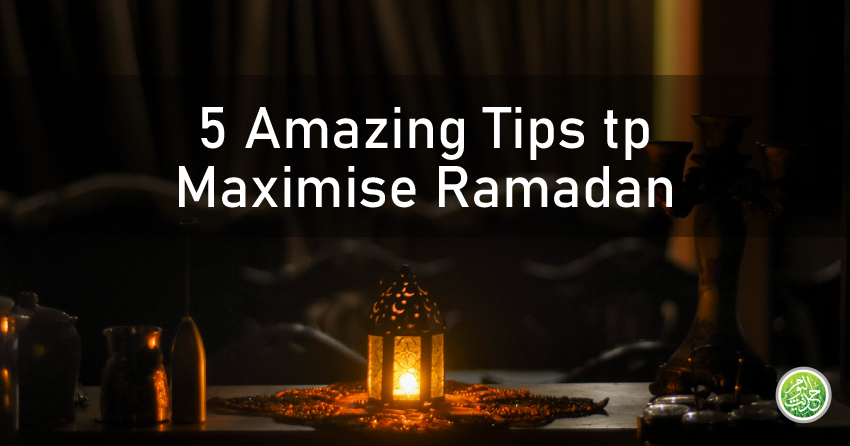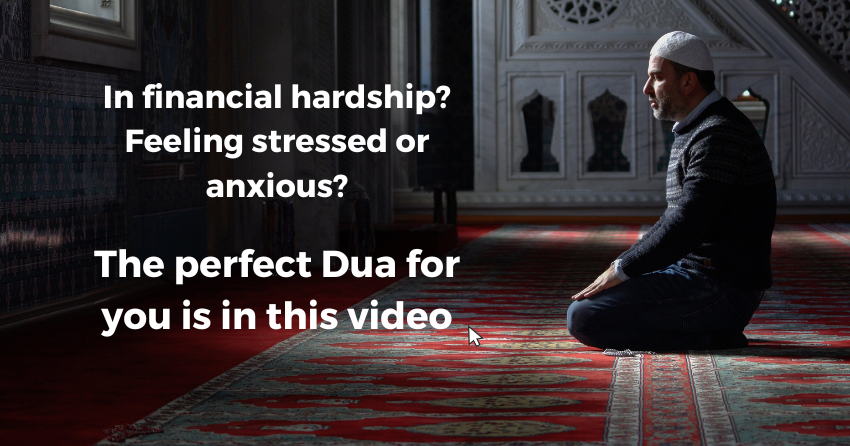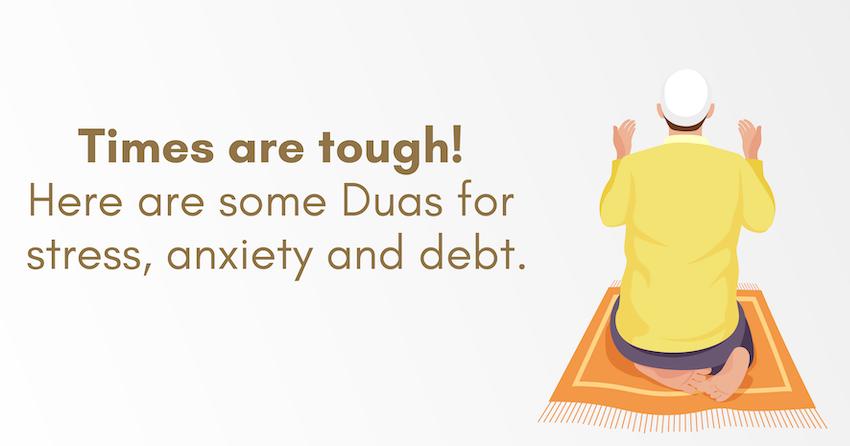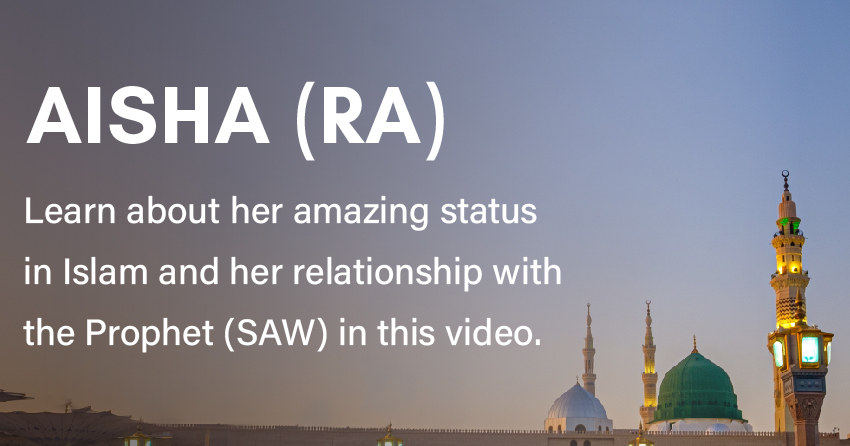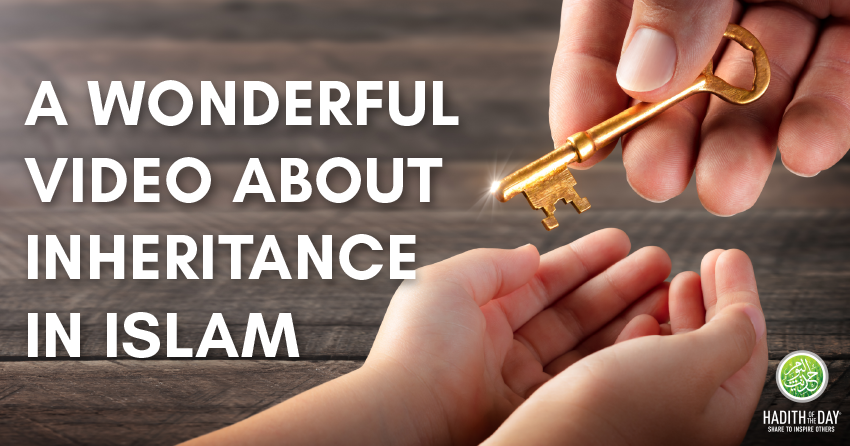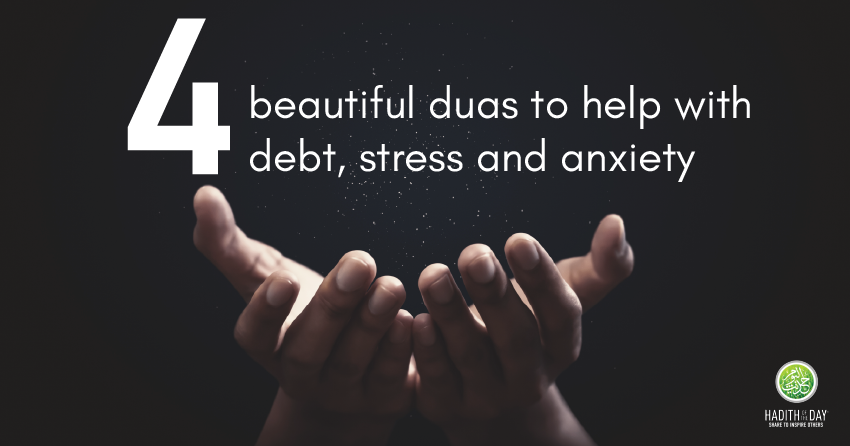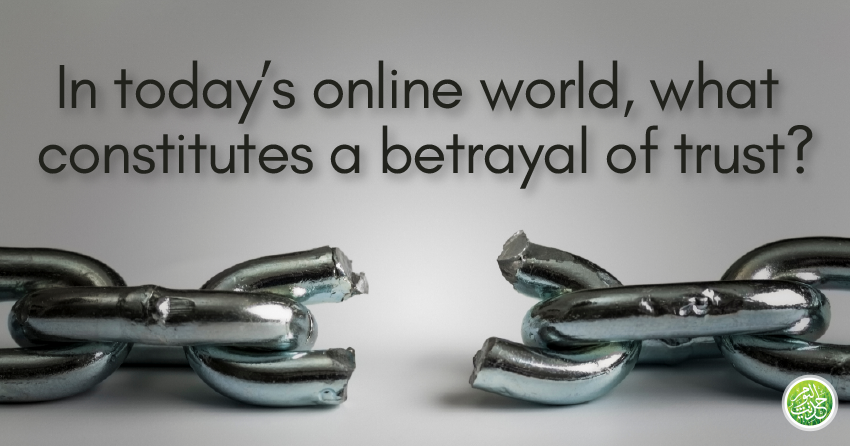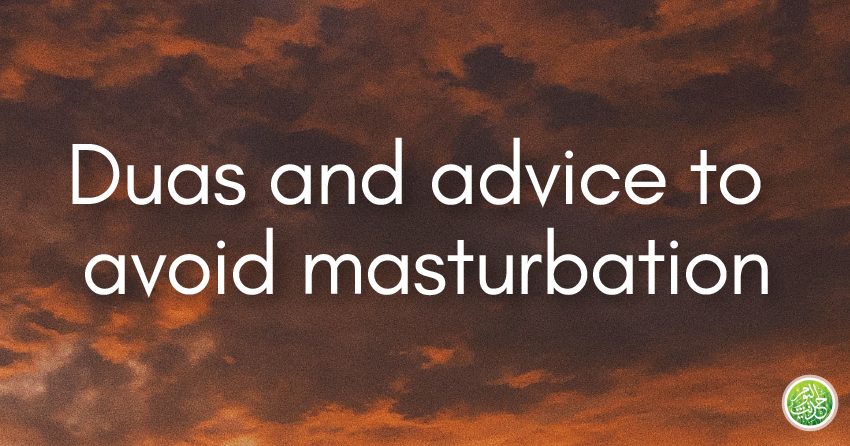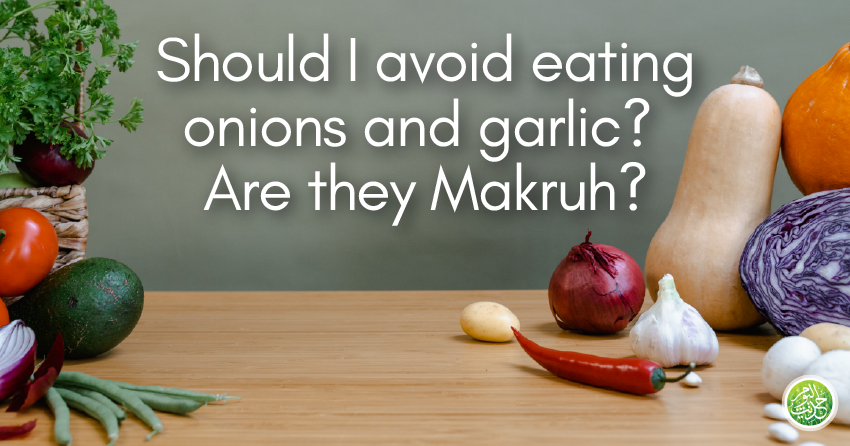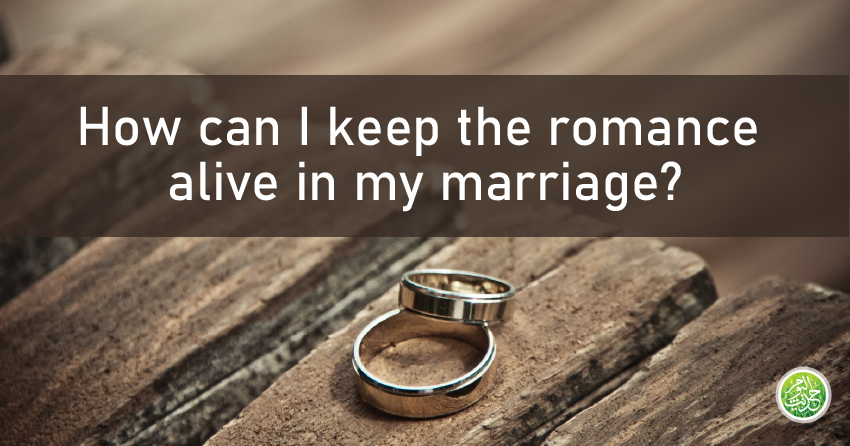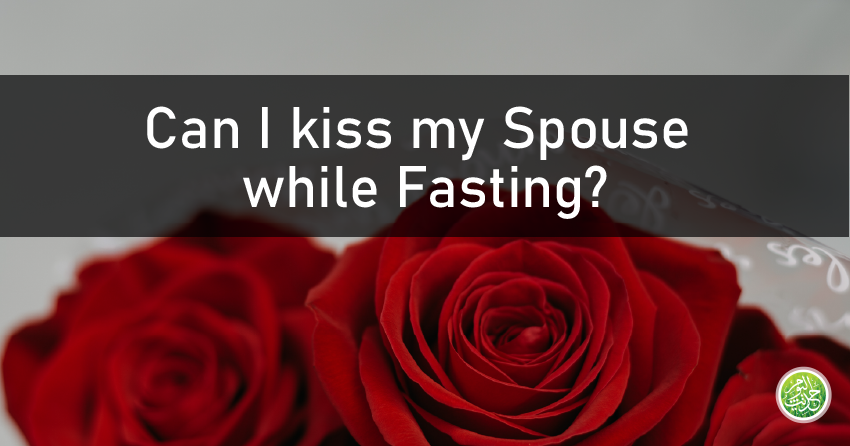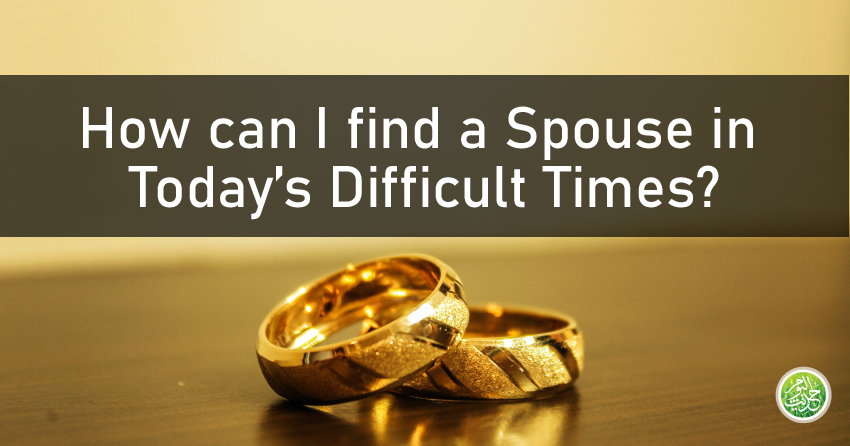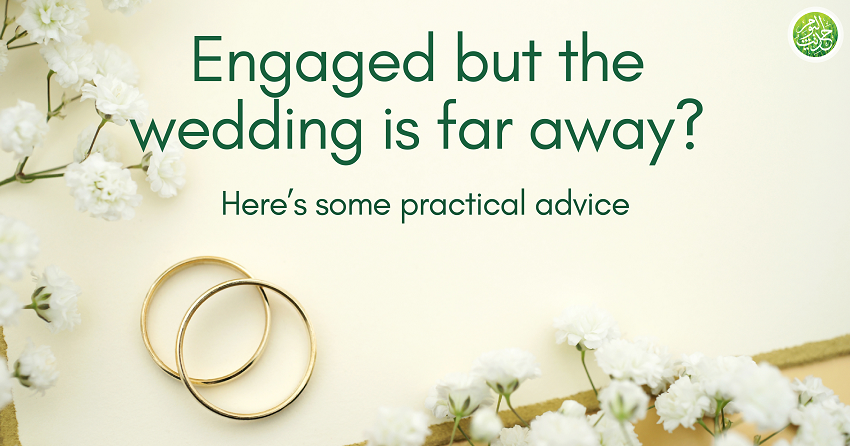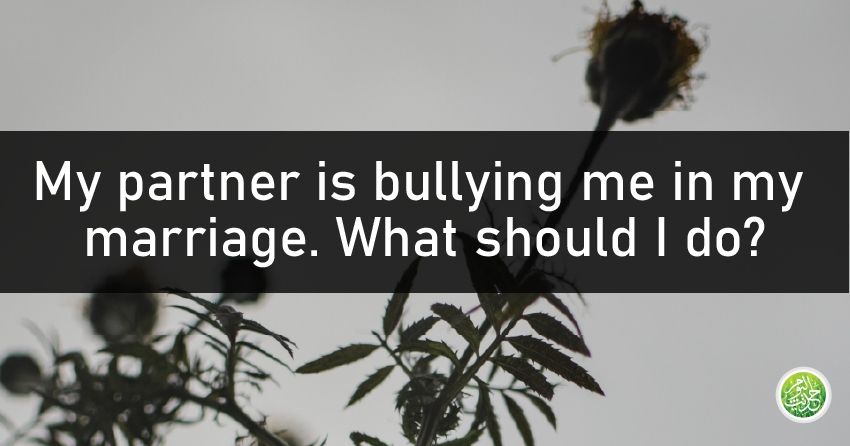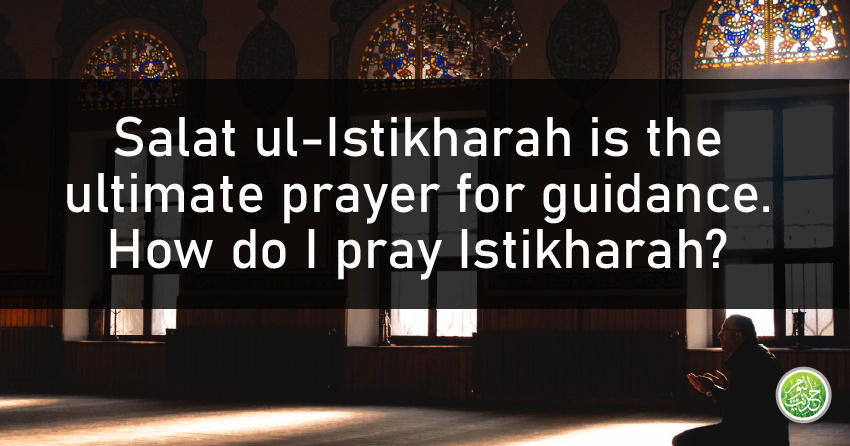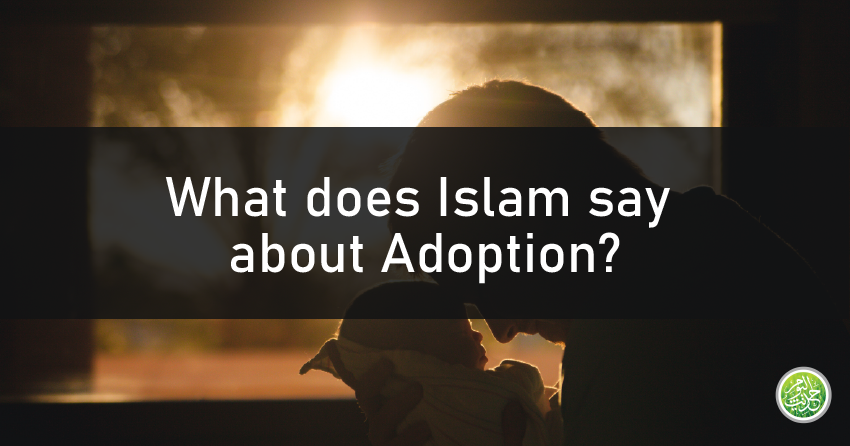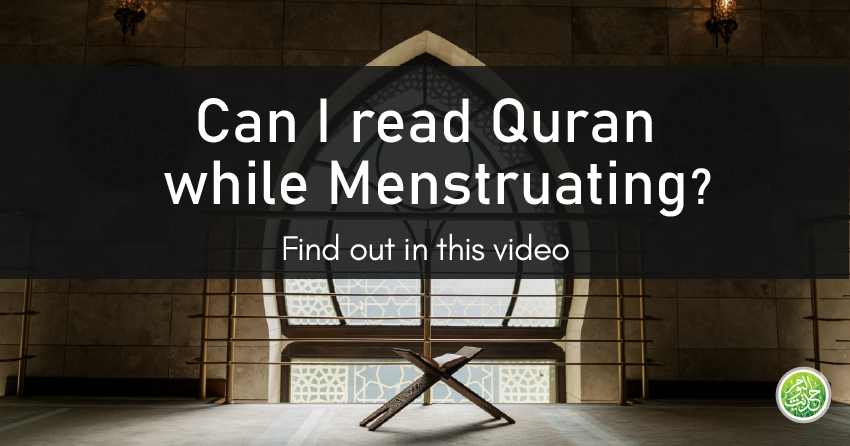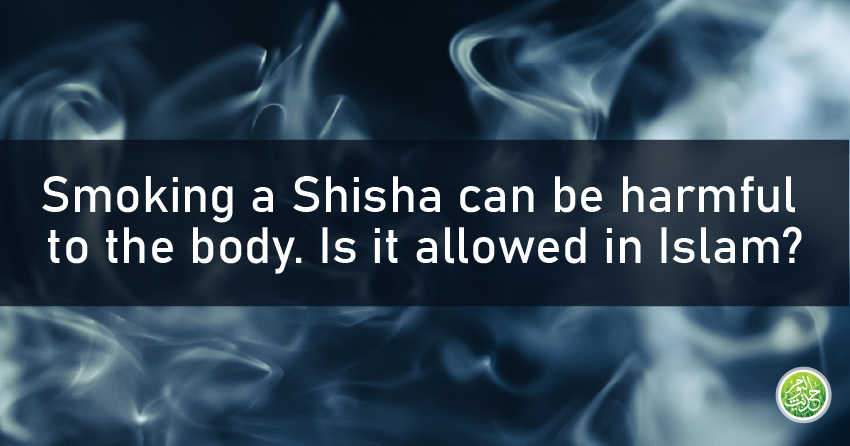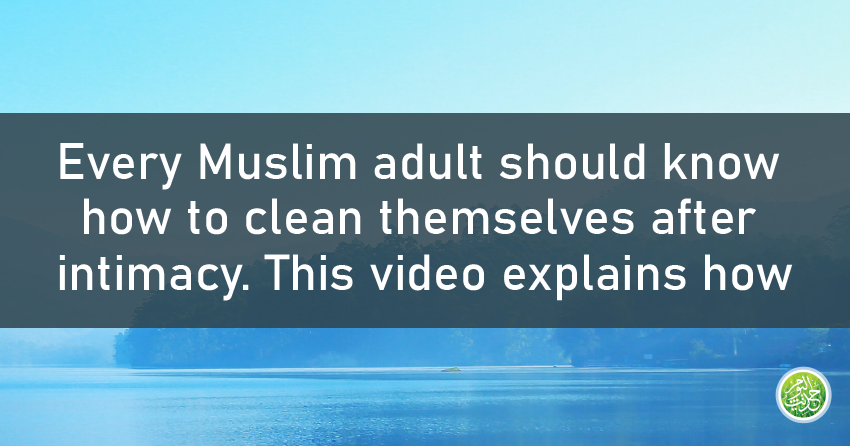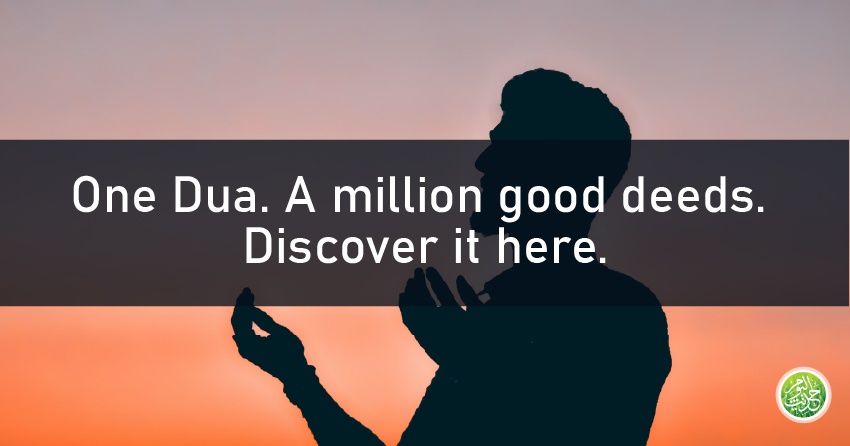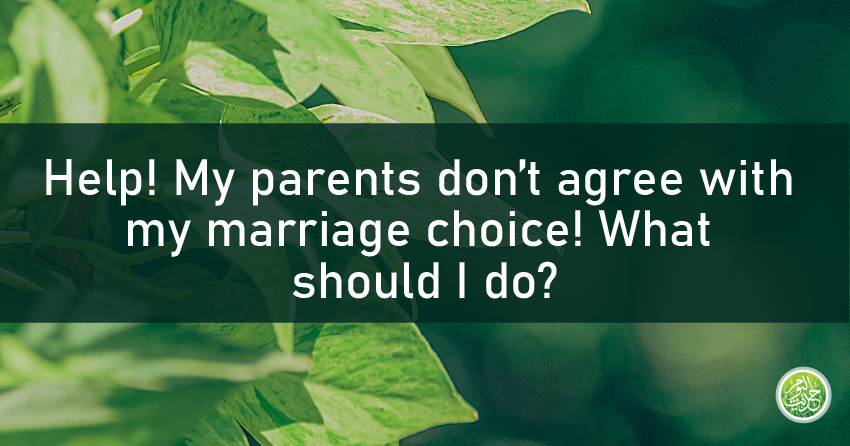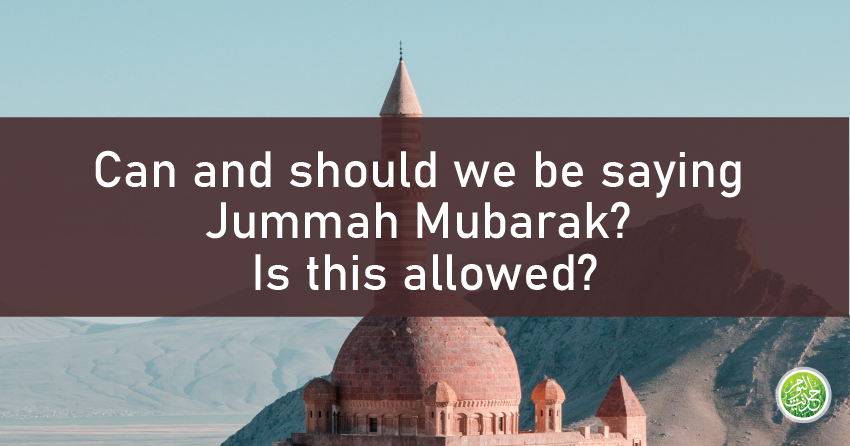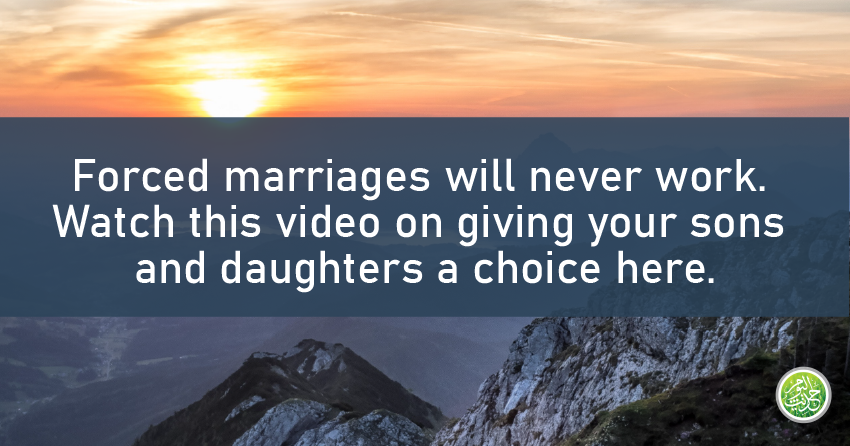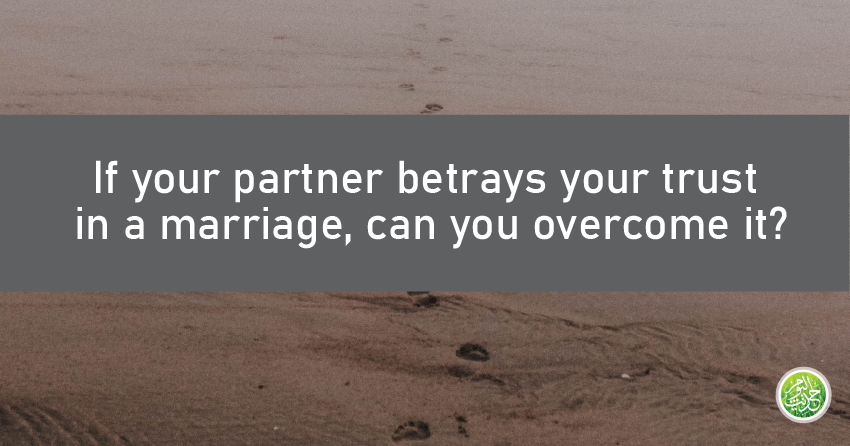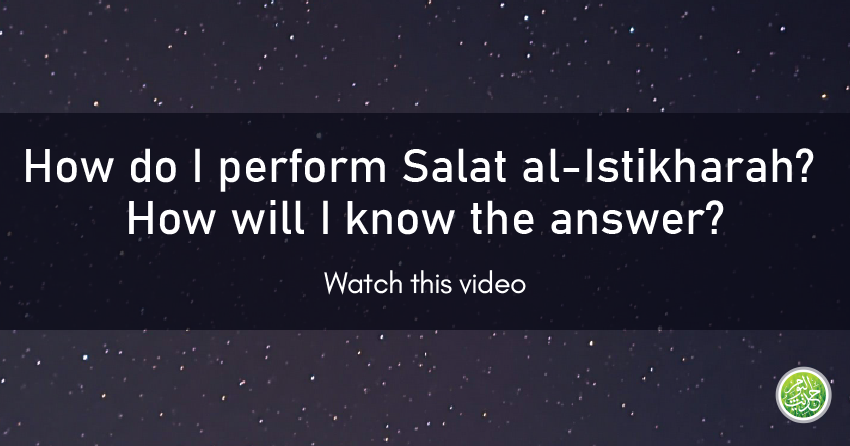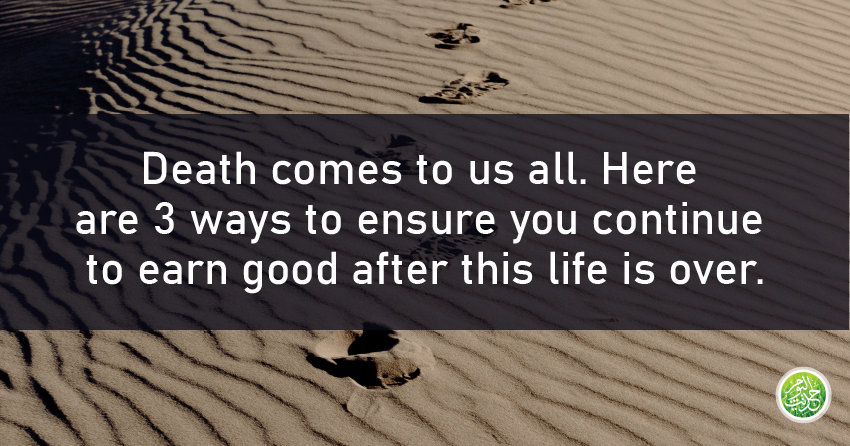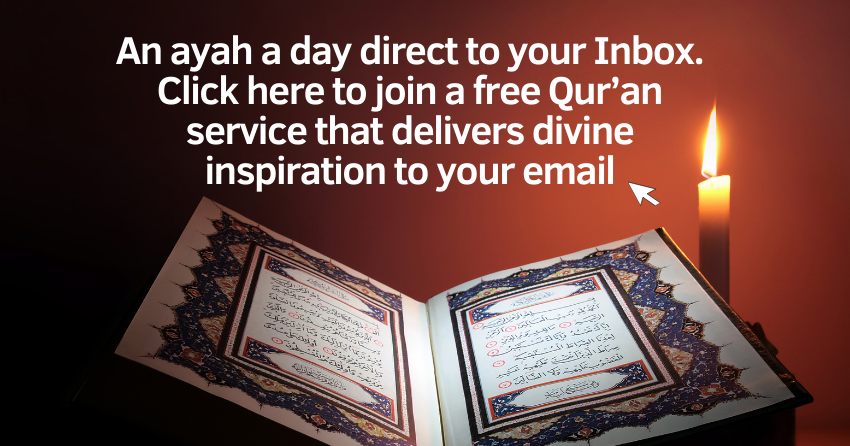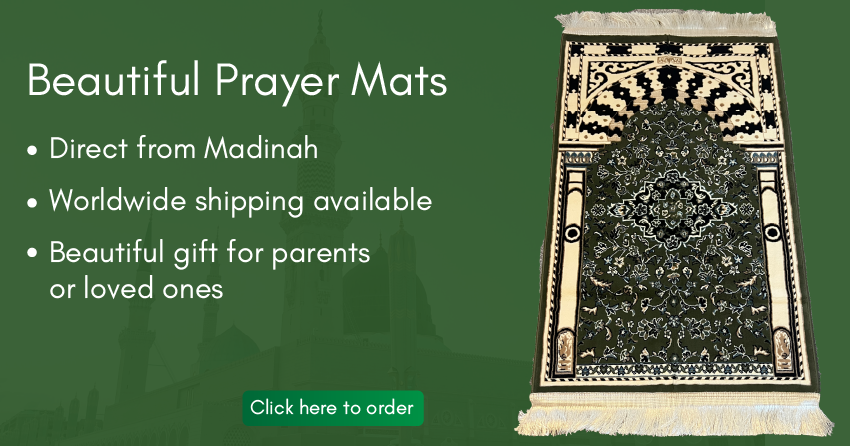Finding our True Eid
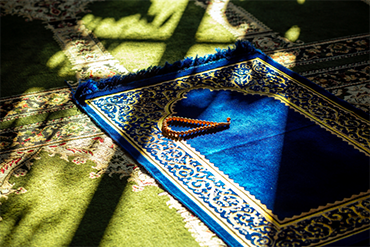
Finding our True Eid
When a message gets repeated over and over again, it forces you to listen; it intrigues you to think about what it really means and why it is relevant to you, right?
Now, Eid El Adha is upon us…
Year after year, we witness this occasion and hear the story of Prophet Ibrahim and his son.
But why does it matter so much?
Of ALL the events that took place in Muslim history, of ALL the events that took place in the history of all noble Prophets Allah sent us from the beginning of time, He chose THIS particular incident to mark one of the two main reoccurring festivals that believers have to celebrate and commemorate year after year, generation after generation until the end of time…
Why?
Why do we need to remember this message in particular every year?
Let’s take a few moments and deeply ponder on what we face when we try to progress on the path of Allah …
Think of when you first read about Islam, found truth and beauty in it and decided to embrace it….But then there were fears, doubts and hesitations of what will happen next and what the people will say.
Think of when you decided to dress more modestly because you found it more humbling, liberating and more in line with your fitrah (pure God-given nature), but then you were faced with mockery and rejections from relatives and strangers alike.
Think of when you wanted to start learning more about the deen and attend more religious lectures/gathering, but then you were told how this is a waste of time and you better do something more materialistically productive with your life.
Think of all the moments you had when you decided to progress on the path of Allah, follow His commands more beautifully and correctly, then fears, doubts, rejections and temptations started jumping your way.
Now think of Ibrahim.
Think of him because he accomplished what we must learn how to accomplish.
We narrate his story so casually sometimes that we don’t even stop to think of how it’s relevant to us and our own struggles today.
One of the most beautiful places where the story of Ibrahim is mentioned is in Surat As-Saaffat (Qur’an, Chapter 37: Verses 99 to 113).
Allah beautifully told us what Ibrahim did:
“And [then] he said, “Indeed, I will go to [where I am ordered by] my Lord; He will guide me.
My Lord, grant me [a child] from among the righteous.”
So We gave him good tidings of a forbearing boy.
And when he reached with him [the age of] exertion, he said, “O my son, indeed I have seen in a dream that I [must] sacrifice you, so see what you think.” He said, “O my father, do as you are commanded. You will find me, if Allah wills, of the steadfast.”
And when they had both submitted and he put him down upon his forehead,
We called to him, “O Abraham,
You have fulfilled the vision.” Indeed, We thus reward the doers of good.
Indeed, this was the clear trial.
And We ransomed him with a great sacrifice,
And We left for him [favorable mention] among later generations:
“Peace upon Abraham.”
Indeed, We thus reward the doers of good.
Indeed, he was of Our believing servants.
And We gave him good tidings of Isaac, a prophet from among the righteous.
And We blessed him and Isaac. But among their descendants is the doer of good and the clearly unjust to himself.” (Qur’an 37: 99- 113)
What we see here is what happens when someone decides to follow the path of Allah. Ibrahim found that his people and his own family disbelieve in Allah, so he decided to leave them. He made the decision to choose the path of Allah over anything else and anyone else.
Ibrahim asked The Creator for a righteous son to aid and help him on this path when he gets older.
Allah granted him his wish… but He tested him in what He gave him.
Right when the son reached the age when Ibrahim will need him the most, the age when he will start carrying the legacy of his father, the age when Ibrahim will start practically using his son for the sake of the deen…he received the instructions to kill him.
If we were in his place, we would have thought, “If Allah wanted this son to be killed, why did he give me this son in the first place! After I raise him, love him and get attached to him, He takes him away from me… by asking ME to kill him!”
Imagine the inner doubts and fears we might have had…
But Ibrahim didn’t have that.
He overcame the battle with his inner self (nafs), his doubts, fears, weakness, hesitation, anger, disappointment– all of that didn’t have room next to his strong and unwavering belief and trust in Allah.
The inner battle was settled.
Now it was time for the outer battle, the challenges faced when one decides to actually fulfill a command of Allah.
For Ibrahim, there was no time to waste doubting Allah or thinking about the aftermath of obeying Him. He wholeheartedly obeyed and submitted. He knew his son would do the same because he had originally asked Allah for a righteous son, and “righteous” by definition means one who submits to the Will of His Creator, follows His commands, and avoids His prohibitions. Ibrahim tested his son by asking for his opinion on the matter. His son proved his righteousness, he immediately accepted what Allah instructed without doubts, hesitations, debates or argumentations.
You know, the son could have asked “but what did I do wrong? Why me? You can slaughter anything else. Why me? Is this fair? I don’t see the logic in this? How does this bring me closer to God?”
But he didn’t. Neither one of them did.
When Ibrahim actually started following the command of Allah, more challenges jumped his way.
As reported in Tafsir Ibn Kathir: “When the rituals were enjoined upon Ibrahim (peace be upon him), the Shaytan appeared to him at the Mas’a and raced with him, but Ibrahim got there first. Then Archangel Jibril (upon him be peace), took him to Jamrat Al-`Aqabah and the Shaytan appeared to him, so he stoned him with seven pebbles until he disappeared. Then he appeared to him at
Al-Jamrah Al-Wusta and he stoned him with seven pebbles.”
So, Shaytan appeared to Ibrahim around 3 times. Each time, he was there to prevent him from fulfilling Allah’s commands. Imagine Shaytan trying to stop Prophet Ibrahim saying something like …“What are you doing! Are you going to KILL YOUR OWN SON! Is this even fair? Is this mercy! How would this make you a better believer! Why would Allah allow this suffering? What are you going to do after killing your son and seeing his blood on your own hands?! What will the people say?”
Yet, every single time, Ibrahim manages to beat Shaytan and his whispers.
No inner battle, no outer battle, no doubts, argumentations or excuses managed to stop Prophet Ibrahim from obeying Allah and proving his faith in Him.
There was one last challenge.
When Ibrahim actually reached his son, he put his face to the ground so he won’t be affected by seeing him; he placed the knife on his son’s neck and started slaughtering. But it didn’t work. The knife didn’t work. Ibrahim could have breathed a sigh of relief and told Allah “Look it didn’t work. I did my best. But see, the circumstances stopped me. It just doesn’t work the knife. I’ll follow other commands next time, insha’Allah.”
But he didn’t do that. He tried again so he makes sure he would fulfill Allah’s commands.
It’s mentioned in Tafsir Ibn Kathir that: “[Ibrahim] passed the knife over Isma`il’s neck, but it did not cut him at all, because a sheet of copper was placed between them. Ibrahim was called at that point, and it was said: (You have fulfilled the dream!) Allah says:
(Verily, thus do We reward the doers of good.) Meaning, `this is how We deal with those who obey Us in things that are difficult for them; We make for them a way out.’ As Allah says:
(And whosoever has Taqwa of Allah, He will make a way for him to get out (from every difficulty). And He will provide him from (sources) he never could imagine. And whosoever puts his trust in Allah, then He will suffice him. Verily, Allah will accomplish his purpose. Indeed Allah has set a measure for all things.) (Qur’an 65:2-3).” [Tafsir Ibn Kathir]
Allah knows Ibrahim loves and needs his son. So he tested his faith in this very thing because if we love someone else or something else more than we love Allah, and if we think that we need something else or someone else other than Allah… then that’s not true tawhid (pure monotheism).
Right now, all around us, we hear these words…
Allahu Akbar, Allahu Akbar, Allahu Akbar, La illaha illah Allah, Allahu Akbar, Allahu Akbar, wa liAllahi Al Hamd
Allah is Greater, Allah is Greater, Allah is Greater, There is no god but Allah, Allah is Greater, Allah is Greater and to Allah belongs all praise.
These are the takbeerat we recite these days.
We are saying Allah is Greater, but do we mean it? Is He really greater in our hearts, minds and souls than anything else and anyone else?
For Ibrahim, He was.
Many of us wouldn’t have handled Ibrahim’s trial. But Ibrahim- while he loves his son- he didn’t forget that Allah is The One who created this son. This son belongs to Allah, and sooner or later he –and everyone else- will go back to Allah…
“…Indeed we belong to Allah, and indeed to Him we will return.” (Qur’an 2: 156)
Ibrahim knew this life isn’t permanent. He knows that it is Allah who helps, aids and provides. If He took this son away, He can provide him with something else, bigger, better and more powerful even.
He knows that goodness is defined by what Allah says… not what fears, doubts or fluctuating social norms dictate. Ultimate goodness is from Allah. Anything and everything from Him is good, pure and wise…because these are His Names and Attributes and this is His very Essence.
So Ibrahim submitted.
Faith was so real, so sincere and so mature in his heart that Allah truly became his Ultimate Master, his main Desire, his One and Only God. There were no partners for Allah in Ibrahim’s heart, not even the love of his own son.
This is the meaning of talbiyah that Hujjaj are saying…
“Labbayka Allaahumma labbayk, labbayka laa shareeka laka labbayk. Inna al-hamd wa’l-ni’mata laka wa’l-mulk, laa shareeka lak “
“Here I am, O Allah, here I am. Here I am, You have no partner, here I am. Verily all praise and blessings are Yours, and all sovereignty, You have no partner”
Here I am on your path seeking you no matter what. Here I am and there is none worthy of my worship, dedication and sacrifice but You. All blessings are from You, and all praise belongs to you and the entire Kingdom of the Heavens and the Earth belongs to You. There is nothing and no one worthy of worship but You!
These meanings were actualized in Ibrahim’s heart.
What did Allah do when He saw sincerity in the heart of Ibrahim and his son?
• He saved him and his son from the trial.
• He ransomed his son with a great sacrifice, “A ram which had grazed in Paradise for forty years” (Tafsir Ibn Kathir).
• Allah not only saved his son, but He gifted him with yet another son!
• Allah also gave him an honorable reputation in later generations. Here we are still telling his story and learning from him. And this will happen until the end of time.
• Allah also said something very beautiful, He said “peace upon Ibrahim”. We all seek and desire peace. The Creator showed us that peace from Him –the Ultimate Source of Peace- showered Ibrahim internally and externally when his heart was in true submission to Allah. It is in true submission to The Creator that we find peace.
Some of us would look at this trial and think: but why did Allah have to do that to Prophet Ibrahim in the first place? We then need to remember a few things.
Allah is not interested in anyone’s suffering, but Allah brought us here for a reason, He created us for a reason and He puts us in situations to help us learn what we were created for: The ultimate, sincere and pure belief in Allah!
Allah says:
“What would Allah do with your punishment if you are grateful and believe? And ever is Allah Appreciative and Knowing.” (Qur’an 4: 147)
Allah is granting us an eternal Jannah in which we’re not instructed to do ANYTHING ever, and we get whatever we ask for.
Think about this: the average age of human beings is around 70-80 years. If we spend the entire 80 years, for example, in worship, then fairly, we should get 80 years of Jannah. Right? But the reality is, we are NOT spending 80 years in worship. If we count how much of our days we spend for Allah, it would almost be an insignificant percentage. Yet, Allah is offering us eternal rewards.
See for example how much rewards Allah gives for small acts:
• Fasting the day of Arafah expiates the sins of a year before it and a year after it [Sunan ibn Majah]. So one day is worth two years of rewards.
• Worship in one night of Ramadan (Laylatul Qadr) is rewarded with more than 1000 months’ worth of worship.
• “The five daily (prescribed) Salat, and Friday (prayer) to the next Friday (prayer), and the fasting of Ramadan to the next Ramadan, is expiation of the sins committed in between them, so long as major sins are avoided.”[Muslim].
• “Whoever recites a letter from the Book of Allah, he will be credited with a good deed, and a good deed gets a ten-fold reward….” [At- Tirmidhi].
• “Whosoever intended to perform a good deed, but did not do it, then Allah writes it down with Himself as a complete good deed. And if he intended to perform it and then did perform it, then Allah writes it down with Himself as from ten good deeds up to seven hundred times, up to many times multiplied. And if he intended to perform an evil deed, but did not do it, then Allah writes it down with Himself as a complete good deed. And if he intended it [i.e., the evil deed] and then performed it, then Allah writes it down as one evil deed.” [Al-Bukhari] [Muslim].
Who does that? Who else is that generous?
He keeps giving more than we deserve. We don’t ask Allah for the logic of why He gives us so much, but we argue when He asks us or tests us in a thing or two.
But do we ever do that with anyone else? Do you go to the professor in college, for example, and say “Convince me that I have to take this exam to pass. Convince me that this is the true measure of my success. If I’m not convinced, I’m sorry, I won’t take the exam. I don’t think I’m ready, and I don’t think it’s necessary.”
We hardly ever do that.
Then why do we argue that much with the commands of Allah that are there to elevate us and help us actualize our purpose and understand meanings that are deeper and richer than anything else we will experience in life?
Think of why we delay or reject commands of Allah…
Many sisters I know, for example, often tell me that they really strongly want to wear the hijab, but fear what society will say/ fear they’ll take it off/think it’s better to do it when they’re old/ think they’re not ready/don’t think this is what will make them a good Muslim/ fear friends criticism/fear family criticism…
The thing is, this is a fardh -command from Allah- (see Qur’an 24: 31 and 33: 59), and there is so much peace and liberation that come with fulfilling a fardh simply because your soul feels in line with what it was created for: obeying Allah. So one is not fighting against his purpose of creation, rather one is in harmony with his purpose and this gives peace, satisfaction, stability and serenity.
Imagine if Ibrahim had the same reactions we have.
Imagine if he said, “I want to kill my son and obey Allah, BUT…
1. Maybe I should leave it for when he is a bit older so he is more ready
2. I actually don’t think I AM ready right now. I’ll do it later maybe
3. Also, what will the society/my family/my friends say
4. To be honest, I don’t really think I have to do this to be a good Muslim!”
Do you think we would have celebrated Ibrahim year after year had he submitted to his fears, doubts or temptations instead of submitting to Allah?
Let’s find our true Eid.
The moment we truly and wholeheartedly believe in and submit to Allah against our weaknesses, doubts, temptations, the moment we overcome all of that and choose Allah.. This will be our true Eid, and your own heart will know it.
We think of Ibrahim as a legendary figure, sometimes, as if his success is a story we tell kids, but it is not really relevant to us. But Allah made us remember his story every year for a reason.
The Muslim Eid is about establishing true faith in The Creator and actualizing our purpose in life.
“And I did not create the jinn and mankind except to worship Me.” (Qur’an 51: 56)
Worship here means to deeply know, believe in, connect with and submit to The Creator…The Only Eternal, The Ever Living. The Only One worthy of ultimate dedication and sacrifice.
May we remember this when we are reciting takbeerat this year…
Action points:
• What we discussed here is not meant to depress us, but to empower us and help us put matters in perspective because this is the first step to rectifying our affairs and resetting ourselves on the right track.
• Let’s take this time to reflect on our true iman (faith), sincerity and the place of Allah in our lives and our hearts.
• Remember if you are on the straight path, challenges will pop up on your way. Do not let this weaken you or make you give up. Keep moving, keep seeking Allah… real salvation and real success are through Him and Him alone.
• Remember how Allah said “Peace upon Ibrahim” We all seek peace. Allah showed us that ultimate peace is in true submission to Him, which is what Ibrahim did, it’s not in fighting against our purpose or against the commands of the Creator because this never brings true or durable peace… So let’s always remember to seek the Ultimate Source of Peace.
Written by Dina Mohamad Basiony
Since You’re Here… we have a small favour to ask.
In these extraordinary times, millions rely on HOTD for daily uplifting & inspiring content. Established since 2009 and with your kind support we’ve seen readers elevate their Imaan & strive for better on a daily basis. We’re committed to keeping our content freely available and open for all readers. Every contribution, however big or small, makes a difference and help us spread knowledge to millions daily
HOTD is something special, it’s a place where people can come to be inspired, to renew their faith, to learn and share knowledge, to fall in love with our faith and also our Prophet (peace and blessings be upon him and his family).
All content on HOTD is free. We believe what we do in this life builds for the next one and we work tirelessly with the aim to please Allah and inspire the global Muslim community as
well as providing information and inspiration for anyone interested in Islam. We simply cannot do this without your support and your support helps us continue our services.
If there were ever a time to join us, it is now. You can support HOTD and help sustain our future. Support Hadith of the Day and make a one-off donation or give regularly from as little as £10 a month Jazak’Allah Khayr – whatever you donate will come back to benefit you Insha’Allah as whatever is spent in the way of Allah is an investment in the future and the next life. Thank you.





